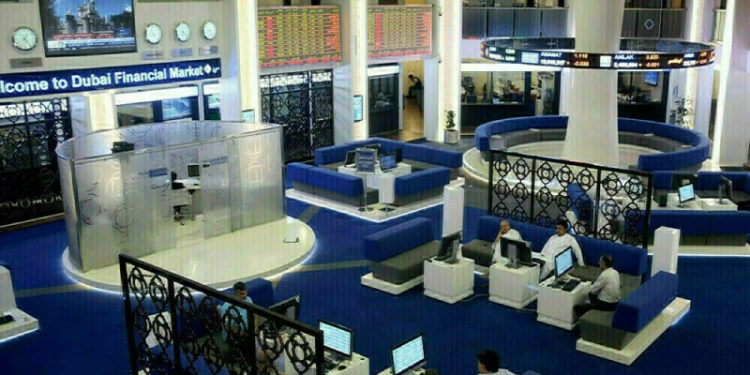 © Reuters. People walk by a Wall Street sign close to the NYSE in New York
© Reuters. People walk by a Wall Street sign close to the NYSE in New YorkBy Huw Jones
LONDON (Reuters) – Big investment banks should accept that simple may be better when it comes to new rules for capital requirements to protect them from trading risks, a top regulator said on Wednesday.
The Basel Committee, made up of regulators from the world’s main financial centers, is finalizing a set of capital standards to cover the risks banks face if their trading books in stocks, bonds and derivatives turn sour.
But banks with big trading books have long complained that the proposals are too blunt and will force them to hold far more capital than warranted by their actual risks.
On Wednesday, Basel hit back, with its Secretary General William Coen saying the final version of the rules may need to emphasize ease of application over sensitivity to risk.
“Will the Committee need to consider whether simpler and more robust approaches should be included in the revised market risk framework?” Coen said in a speech to the annual meeting of global derivatives industry body ISDA in Miami.
“We know that the estimated impact of the revised framework appears to be relatively manageable for most banks,” Coen said.
“So while there may be sound conceptual reasons for pursuing a specific approach or making a particular revision to the market risk framework, it is in no one’s interest to end up with a framework that cannot be adequately implemented.”
Market risk makes up the smallest part of a bank’s mandatory capital buffer, representing less than 5 percent of the total.
Coen said attempts to match capital requirements to the type of risk could also affect banks’ risk management.
“Undue regulatory complexity can therefore impair the ability of the board and senior management of a bank to ensure that the bank has adequate capital to support its risks,” Coen said.
Overly complex rules would also be costly for the vast majority of banks that apply Basel’s rules across the world but do not have the deep pockets of the few big lenders, Coen said.
Finalizing the rules, which are due to come into effect in January 2022, has been made more difficult by the lack of quality data on market risks needed to carry out an impact assessment.
Much of the data is held by the world’s biggest trading banks, some of which have been the biggest critics the planned capital changes.
“As a result, the Committee has in some areas been left with a small sample of observations to finalize certain outstanding revisions,” Coen said.
Fusion Media or anyone involved with Fusion Media will not accept any liability for loss or damage as a result of reliance on the information including data, quotes, charts and buy/sell signals contained within this website. Please be fully informed regarding the risks and costs associated with trading the financial markets, it is one of the riskiest investment forms possible.
Source: Investing.com



























